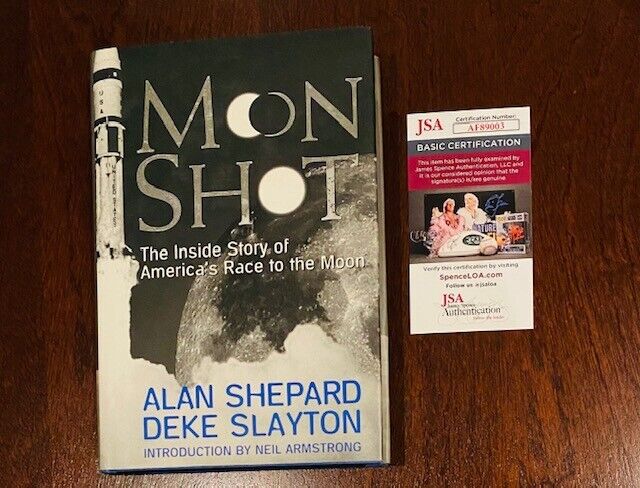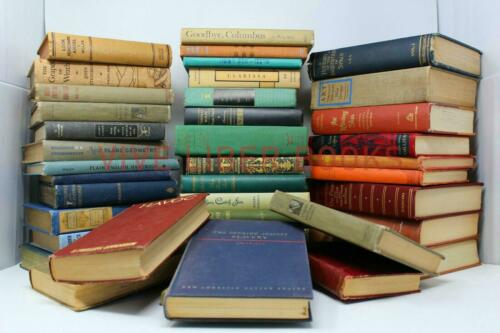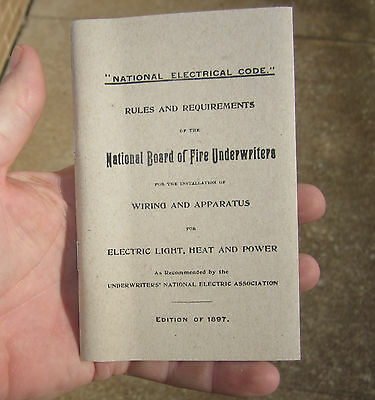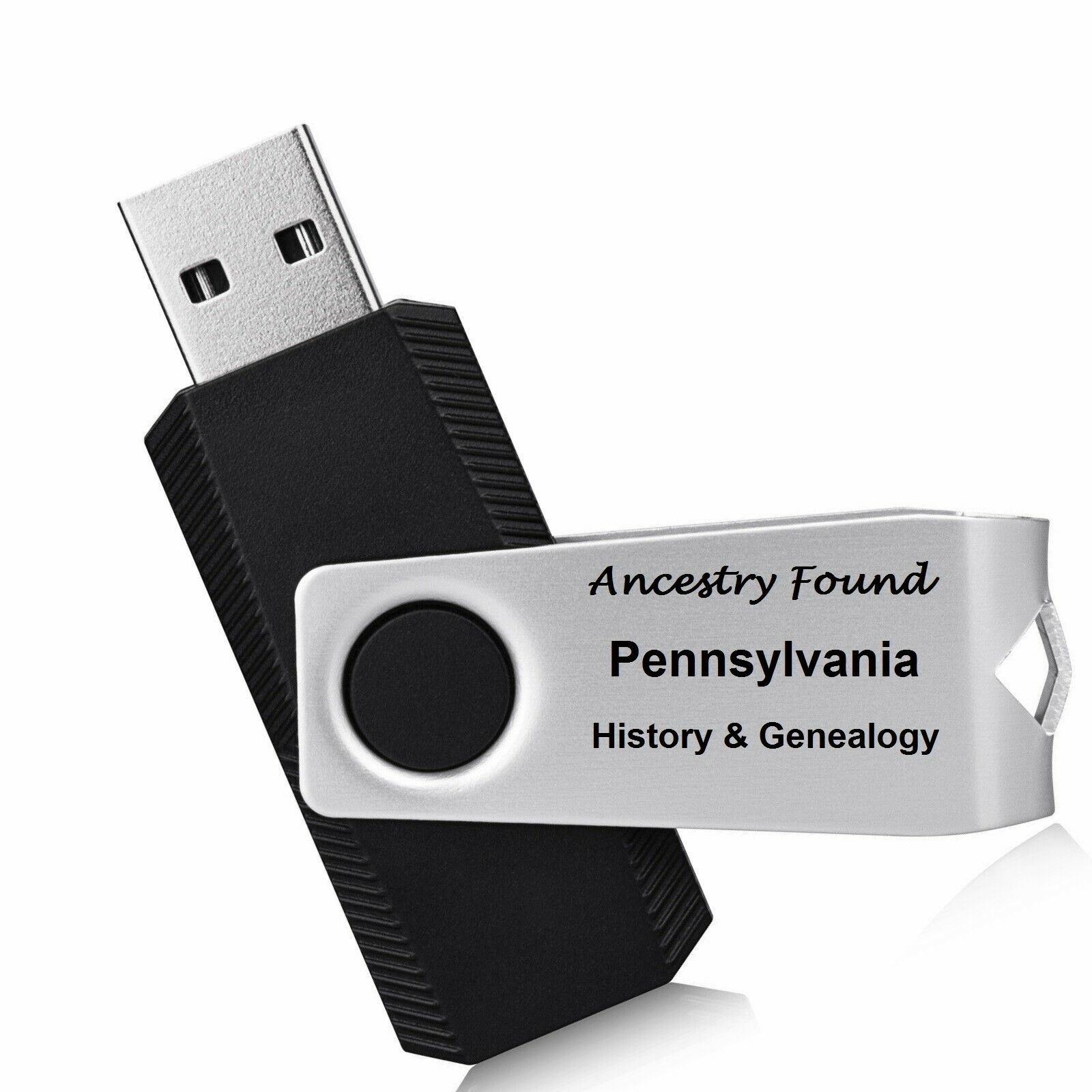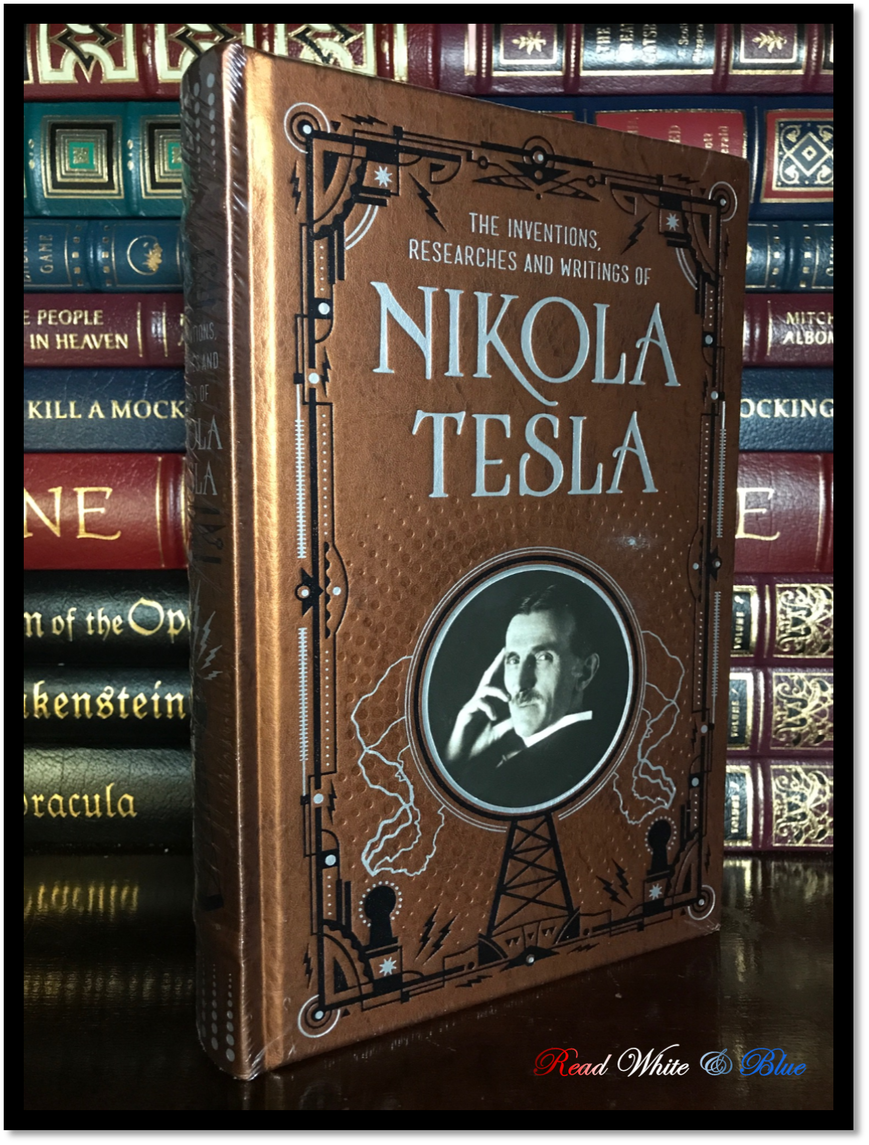-40%
A. SHEPARD, E. CERNAN, S. RIDE -NASA Astronaut Signed Books JSA COA: Moon Apollo
$ 134.63
- Description
- Size Guide
Description
ALAN SHPARD "Moon Shot" signed book with JSA COA,EUGENE CERNAN
signed book with JSA COA,
SALLY RIDE Signed Book "The Mystery of Mars" with a JSA COA.
1.
ALAN SHPARD "Moon Shot" signed book with JSA COA is in very good + condition with very light light wear on the book and cover.
2.
EUGENE CERNAN
signed book with JSA COA i
s in good + condition some wear on the book cover and the dust jacket.
3.
SALLY RIDE Signed Book "The Mystery of Mars" with a JSA COA
is in good condition with light light wear on the book and cover (there is a very tiny tear in top of the book cover and there is some rippling of the pages near the binding).
Free USPS Shipping via Media Mail within the US. In
ternational shipping will be offered through Ebay Global shipping at buyers expense.
Alan Shepard - On May 5, 1961, Shepard made a 15-minute suborbital flight in the
Freedom 7
spacecraft
, which reached an
altitude
of 115 miles (185 km).
Shepard commanded the
Apollo
14
flight (January 31–February 9, 1971; with
Stuart A. Roosa
and
Edgar D. Mitchell
), which involved the first landing in the
lunar
Fra Mauro
highlands. Near the end of his Moon walk, Shepard—an
avid
golfer—swung at two
golf
balls with a makeshift six-iron club as a playful demonstration for live television cameras of the weak lunar gravity. Shepard headed NASA’s astronaut office from 1963 to 1969 and then from 1971 to 1974, when he retired from the navy as a rear admiral.
Eugene Cernan -
For Cernan’s first mission, he and
Thomas P. Stafford
were launched into space on June 3, 1966, in
Gemini
9. Cernan became the second American to walk in space when he undertook more than two hours of extravehicular activity in what proved to be a dangerously faulty space suit. During the three-day mission, Gemini 9
rendezvoused
three times with a target vehicle.
On May 18, 1969, Cernan, Stafford, and
John W. Young
began the eight-day mission of
Apollo
10. As lunar module pilot, Cernan brought the
landing craft
into a close lunar orbit, approaching the surface to within 15 km (9 miles). Stafford and Cernan completed a complex series of orbital maneuvers before rejoining the command module. The mission performed every function necessary for a lunar landing but the landing itself, and it was the final test of
Apollo
systems.
Cernan commanded the Apollo 17
Moon
flight (with Ronald Evans and
Harrison Schmitt
, December 7–19, 1972). He and Schmitt, a geologist, explored the
Taurus-Littrow
region of the Moon’s surface (December 11–14), collecting some 115 kg (249 pounds) of lunar rocks and other surface material for study. That mission concluded the Apollo Moon program. Cernan later assisted with the Apollo-
Soyuz
Test Project (completed in July 1975).
Sally Ride -
She received a Ph.D. in astrophysics and began her training and evaluation courses that same year. In August 1979 she completed her NASA training, obtained a pilot’s license, and became eligible for assignment as a U.S.
space shuttle
mission specialist. On June 18, 1983, she became the first American woman in space while rocketing into orbit aboard the shuttle orbiter
Challenger
. The shuttle mission lasted six days, during which time she helped
deploy
two communications satellites and carry out a variety of experiments. She served on a second space mission aboard
Challenger
in October 1984; the crew included another woman, Ride’s childhood friend
Kathryn Sullivan
, who became the first American woman to walk in space. Ride was training for a third shuttle mission when the
Challenger
exploded after launch in January 1986, a
catastrophe
that caused NASA to suspend shuttle flights for more than two years. Ride served on the presidential commission appointed to investigate the accident, and she repeated that role as a member of the commission that investigated the in-flight breakup of the orbiter
Columbia
in February 2003.


